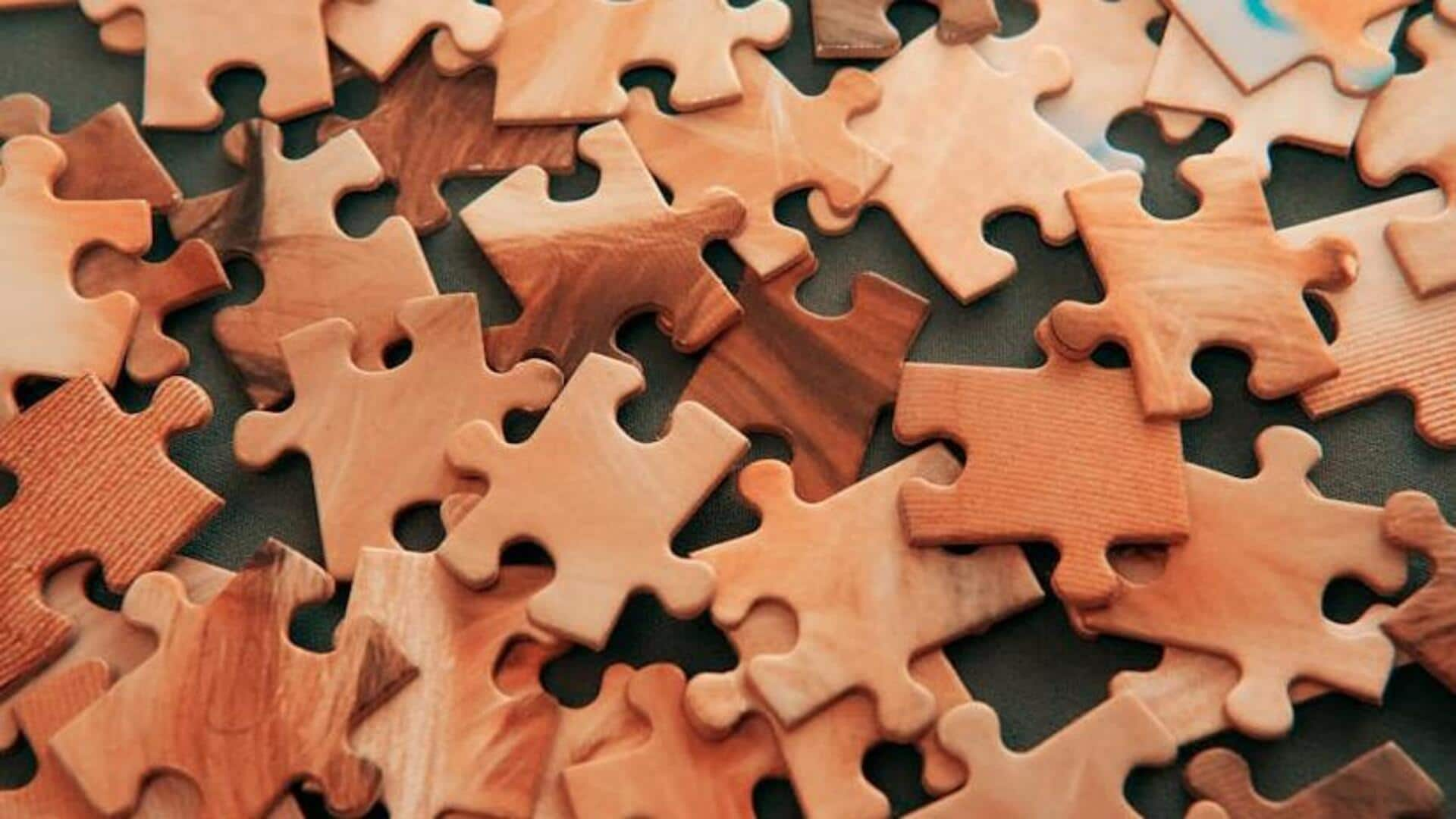
Enhancing memory skills with puzzle solving clubs for kids
What's the story
Puzzle solving clubs are a fun and effective way for kids to improve their memory skills. These clubs introduce children to a wide range of puzzles that stimulate their cognitive development, increase focus, and foster problem-solving abilities. This article explores the benefits of puzzle solving for enhancing memory skills in children and provides insights for parents considering such clubs for their kids.
Cognitive growth
Boosting cognitive development
Solving puzzles greatly enhances cognitive development by teaching children critical thinking and creative problem-solving from a young age. When children tackle puzzles, they use reasoning and establish thought patterns that are vital for their intellectual development. It not only strengthens their memory but also sets a strong foundation for future academic success. Starting puzzles at an early age can significantly improve spatial awareness, logical thinking, and general intelligence.
Focus enhancement
Enhancing concentration levels
Puzzle solving significantly improves concentration levels in children. It requires focused attention, teaching kids to concentrate on tasks for longer periods. This skill is vital not only in studies but also in day-to-day life where attention to detail is important. Regular puzzle play can greatly enhance a child's focus and task completion efficiency.
Problem solving
Improving problem-solving skills
Problem-solving is a fundamental life skill, and guess what, it can be greatly enhanced through puzzle solving! Puzzles often pose challenges with multiple solutions or require thinking beyond conventional methods. By tackling these obstacles, kids learn to analyze problems, evaluate options, and make logical decisions instead of relying on guesswork. These skills are applicable beyond the playroom, benefiting academics, personal relationships, and eventually, professional pursuits.
Social skills
Encouraging social interaction
Puzzle clubs are great for making friends! Collaboratively solving puzzles promotes teamwork, communication, and idea sharing—essential aspects of social development. Children learn to work together toward common goals, respecting each other's unique strengths and perspectives. These experiences not only improve memory through cooperative learning but also foster lifelong interpersonal skills.
Persistence
Fostering patience and perseverance
Finally, puzzle solving instills in children the virtue of patience and the ability to persevere. Many puzzles are challenging and demand time, and multiple attempts, before one can successfully solve them. This process teaches kids the significance of maintaining focus in the face of adversity or setbacks - it helps build resilience that is beneficial for them academically and personally.